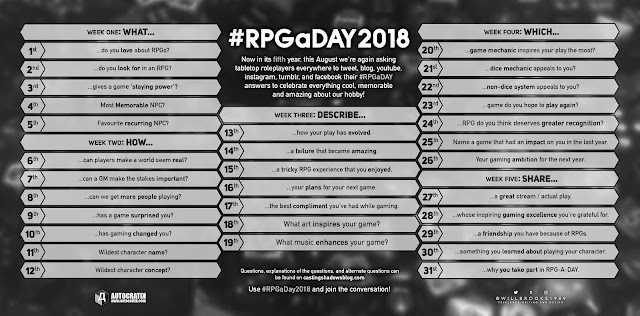This is a weird question for me to try to answer. I'm not sure any game mechanic does inspire my play! Maybe if I played more of the newer, story-based games, but I still mostly play older-style stuff, like White Wolf etc (just in a character driven manner).
The best I can go with is merits/flaws, advantages/disadvantages, edges/hindrances or whatever you want to call them. I love these, especially the flaws - and not just for the extra character points, though that's what drew me in initially. These days, I like them for their own sakes.
Take Amaryllis 'Blazing Shield of the Sun', my new First Age Solar Exalt for the game I've gatecrashed. When we generated Taji and Kito, we didn't look at the merits and flaws: we were playing children, so let them grow naturally via roleplay and are rewarded when we play up to our self-created flaws by the opportunities that come out of them rather than with xp. With Amaryllis, my GM said I could 'earn' up to 7 bonus points by taking flaws, though I could take as many points of flaws as I wanted. I ended up with 8, because there were two flaws that really stood out to me.
For the first, Solar Exalts have this curse that means when they're exposed to certain triggers they have to make virtue rolls and mark successes on a track which, when full, causes them to go off the rails a bit. The track usually has 10 boxes, but with this particular flaw, you can reduce the number of boxes by the number of points of the flaw you take, up to 5. I wanted all 5. Her particular version - a compassion limit that means she'll take the most direct route to stop innocent suffering, even if it's not the most sensible, safe or even reasonable - sounds like it'll be really good fun to play.
The second, I was inspired by The Emissary in our other Exalted game, and the way his life changed when Kito and Taji arrived. The flaw, 'ward' means the character has someone they look after who periodically gets into trouble they need saving from. I laughed as I read it, and pointed out that The Emissary must have acquired this when he met us. Yep, agreed the GM, the full 5 points, twice. I took the flaw at 3 points, feeling this was a good balance between risking the ward's antics taking over a game I'm kinda a bit-part in, and still getting to experience that feeling of responsibility. It works well with the other flaw, too: her great compassion meant that when she found the young, traumatised child, rather than do the sensible thing and find someone who was good parenting, she took Mara in herself and swore to protect her.
Along with her high compassion and low temperance (other Exalted mechanics), this has given me a quick in-road to a character joining an established game, making it easier to settle in to her faster.
What about you? Is there a game mechanic that inspires you? Let me know!


